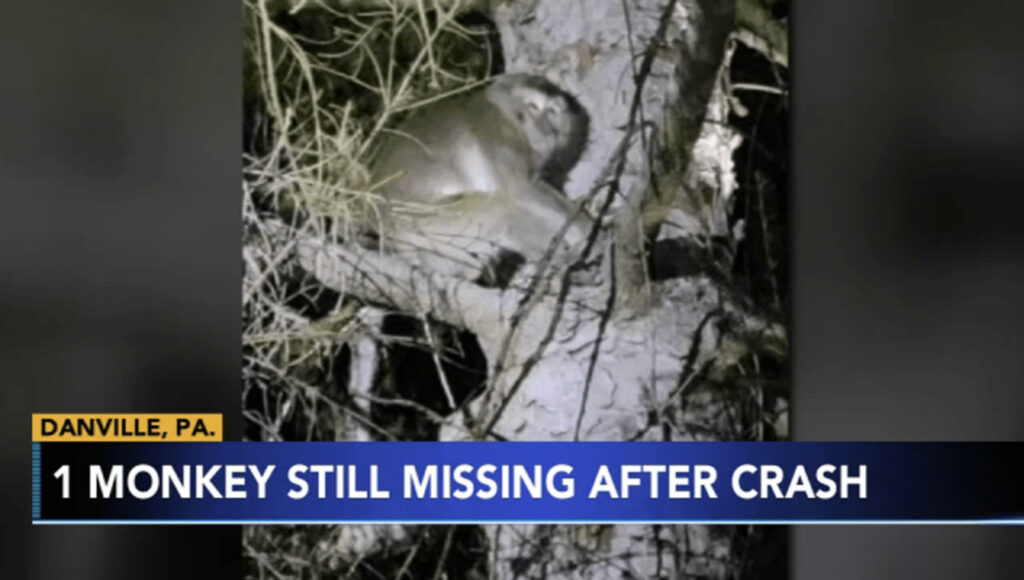Podcast: Play in new window | Download
Subscribe: RSS
We begin with the very big story of the first transplant of a heart from a pig to a human. Xenotransplantation, organ transplant between species, has been a medical goal for decades. The main hinderances to “progress” in this field have been related to organ rejection owing to the brisk immune response to foreign tissues. But, with the recipient still alive weeks after the operation, taking advantage of the newly invested CRISPR gene editing technology, we may be entering a new era of exploiting sentient, non-human animals to serve as sources of organs for humans who need hearts, kidneys and perhaps others.
Lori and Peter discuss several ethical questions this event has raised: Will we see factories raising of genetically modified animals created simply to be killed when a heart or kidney is needed? Will the lives of the animals be afforded any moral consideration in the process, or is it a forgone conclusion that it is ethical to treat pigs in this fashion, because humans are in need? Will the high monetary costs of xenotransplantation be weighed against what is diverted from low tech health measures, like promoting exercise, good nutrition, stress reduction, and so on? And what about the risks of viruses harbored by the animals being transmitted directly into human recipients, potentially leading to unpredictable zoonotic disease outbreaks or worse?
The particular case of this patient, 57-year-old David Bennett, is remarkable because he is a convicted felon who served years in prison for stabbing a man. This assault paralyzed the 22-year-old victim, Edward Shumaker, causing him to be confined to a wheelchair. Shumaker died at the age of 40, two years after having a stroke. Also, Bennett previously had been removed from the conventional human heart transplant list because he did not comply with the directives of the transplant team while waiting – he was kicked out of the program. To our astonishment, the hospital and most medical ethicists supported a policy whereby only the medical needs and medical history of a person should be considered when weighing whom to offer a very rare and costly treatment. But could not a more morally deserving person been offered this lifesaving treatment instead?
We continue discussing the absurd and tragic highway incident in Pennsylvania, in which a transport of 100 macaque monkeys was spilled out onto the frigid highway. The unescorted transport truck crashed with a dump truck as the animals were being transported to a research lab. One concerned woman who came to the assistance of the animals had to be treated for possible herpes and rabies exposure. And three animals had to be “euthanized,” but details on why are lacking. What a mess!
We move onto other news including research finding that many people (both vegetarian and meat eaters) find the idea of eating lab-grown “meat” disgusting, Norway has banned the breeding of 2 dog breeds, Cavalier King Charles Spaniels and bulldogs, to reduce the suffering these dogs endure due to the detrimental breed characteristics they are born with, Petco is teaming up with Loewe’s to offer items in the Home Improvement giant’s locations, rogue commercial fishing business faces federal charges, and more!
Lori then speaks with Veterinarian Stephen Hanson, who specializes in Neurology at the Veterinary Neurology Center in Southern California. Their topic is important for many families with older dogs, dementia, or canine cognitive dysfunction.
Lori concludes with “tails” of famous Hollywood dogs including Rin Tin Tin, Toto from The Wizard of Oz (real name, Terry) and Lassie, (real name, Pal), Petey from Our Gang (real name, Pal the Wonder Dog) plus others.





Leave a Reply